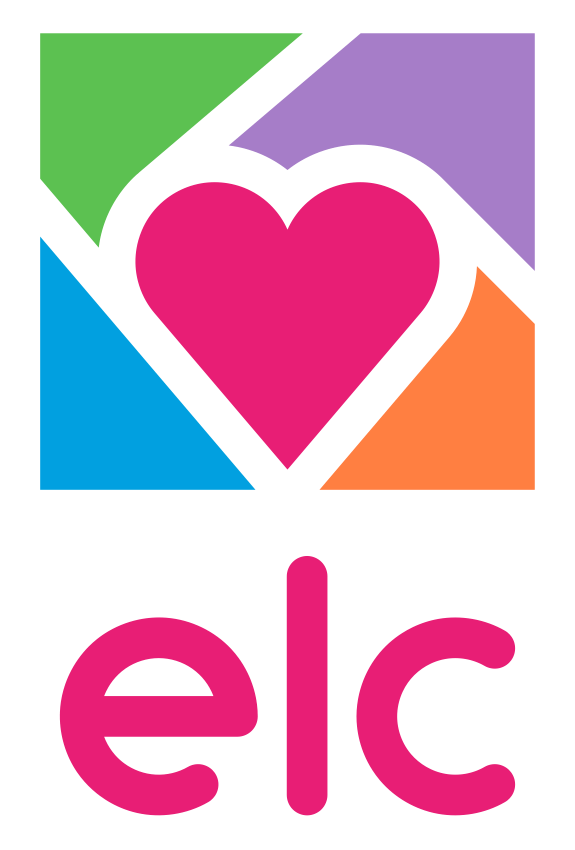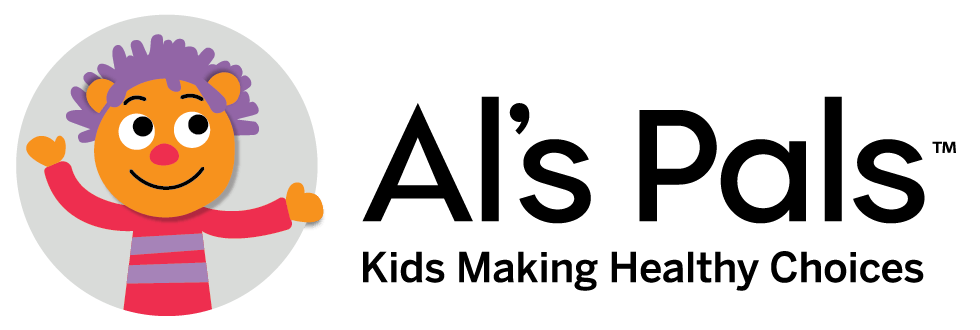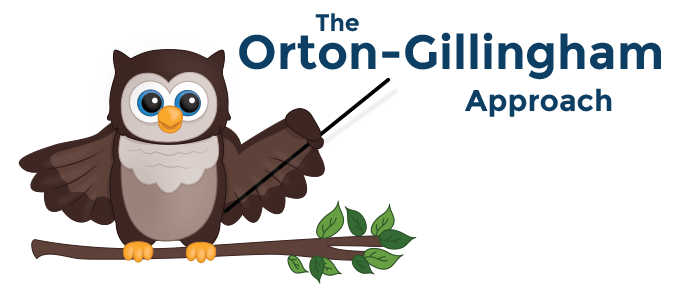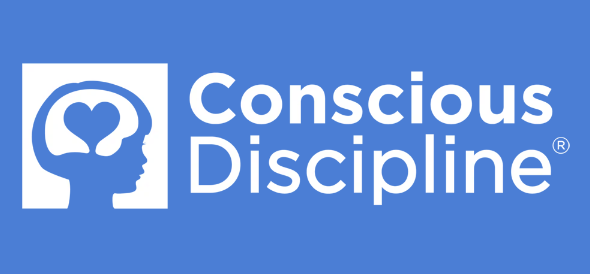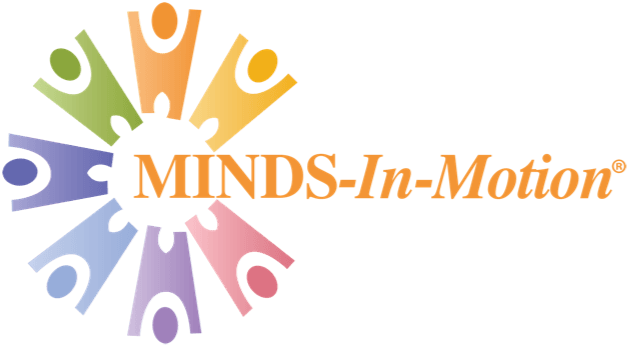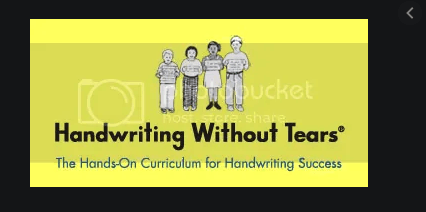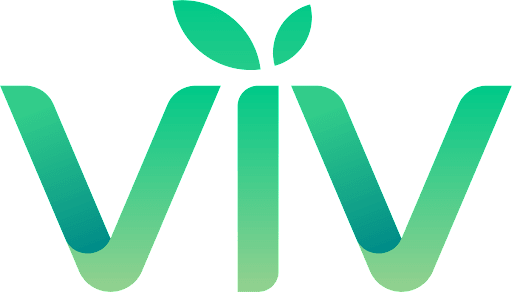ELC ACADEMICS OVERVIEW
Social Emotional
Second Step
Second Step is a program rooted in social-emotional learning (SEL) that helps transform schools into supportive, successful learning environments uniquely equipped to encourage children to thrive. More than just a classroom curriculum, Second Step’s holistic approach helps create a more empathetic society by providing education professionals, families, and the larger community with tools to enable them to take an active role in the social-emotional growth and safety of today’s children.
Al's Pals
Al’s Pals is a comprehensive curriculum that develops self-control, and problem-solving abilities in children ages 3-8 years old. The program is nationally recognized as an evidence-based model prevention program. An original hand puppet named Al serves as a positive role model. Along with puppet pals Ty and Keisha, Al engages children in develop mentally appropriate activities that build positive social skills and healthy decision-making. Al’s Pals applies resilience research to practice, preparing children to face life’s ups and downs.
Academics
Heggerty
Heggerty is a Phonemic Awareness Curriculum. These pre-kindergarten lessons use nursery rhymes to introduce three, four, and five year old students to language play. The lessons include daily phonemic awareness skill building lessons. Each pre-kindergarten lesson also includes some fun ideas for incorporating phonemic awareness into daily activity center time. By the end of preschool your students will begin to build a repertoire of classic nursery rhymes as they learn to enjoy language play!
Conscious Discipline
Conscious Discipline is a comprehensive classroom management program and a social-emotional curriculum. It is based on current brain research, child development information, and developmentally appropriate practices. Conscious Discipline has been specifically designed to make changes in the lives of adults first, by keeping Composed in all situations. Conscious Discipline teachers that all behaviors are a form of communication, and children need to feel safe and loved in order to be in the executive state and ready to learn.
Motor Skills
Gross Motor
The Minds-in-Motion Maze is approximately 5 different daily activities set up in stations to provide motor development for increased sensory processing and integration. Each activity is tailored for preschool children and addresses:- eye-movement control- balance -body-movement functions, such as coordination and motor-planning.
Our balance system (the VESTIBULAR system) provides input for motor control of the eyes and for auditory processing.
This is critical to every child for:
- developing fine and large motor control of muscles and improving stability
- emotional regulation
- faster brain processing and coordinated movements
- increasing focus and attention
- increasing auditory processing
- decreasing frustrations and improving behaviors
- learning to read and write efficiently
- improving speech
The Minds-in-Motion Maze* program is a clinically proven way to provide these critical motor activities. The research actually comes from machines used at NASA for our astronauts! We are excited to provide this fun, aerobic program to our students to enrich their physical and mental well-being and prime them for better learning!
Early childhood research based curriculum is founded on solid research about child development and learning. It promotes teaching and learning activities that are shown to have positive effects on child progress and outcomes. Learning Trajectories.org is a website that provides educators with math activities from several research based math curricula (Everyday Mathematics, Building Blocks, Big Math and Numbers Plus to name a few). ELC utilizes this website to plan daily math activities.
Fine Motor
Fine motor skills are precise muscle movements that involve a refined use of the small muscles which control the hand, fingers and thumb. With the development of these skills, a child is able to complete important tasks such as writing, turning the pages of a book, feeding oneself, buttoning and zippering. We incorporate fine motor work throughout our day with the use of playdough, scissors, tearing paper, and practicing writing/drawing.
